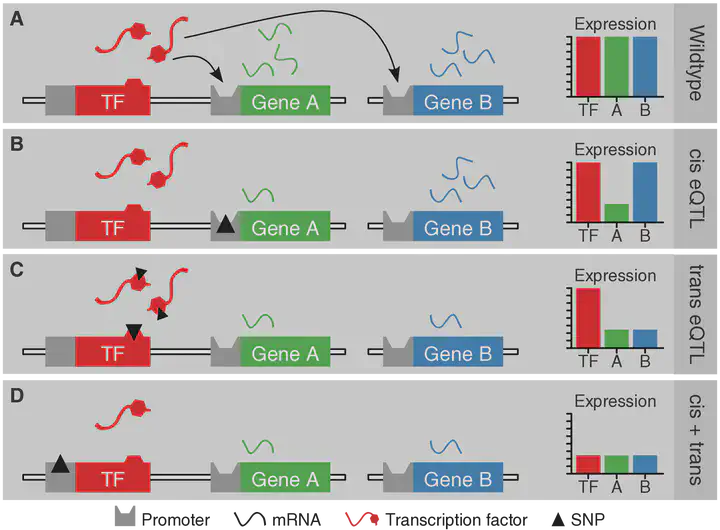Identifying Gene Networks Underlying the Neurobiology of Ethanol and Alcoholism

Abstract
For complex disorders such as alcoholism, identifying the genes linked to these diseases and their specific roles is difficult. Traditional genetic approaches, such as genetic association studies (including genome-wide association studies) and analyses of quantitative trait loci (QTLs) in both humans and laboratory aniMals already have helped identify some candidate genes. However, because of technical obstacles, such as the sMall impact of any individual gene, these approaches only have limited effectiveness in identifying specific genes that contribute to complex diseases. The emerging field of systems biology, which allows for analyses of entire gene networks, may help researchers better elucidate the genetic basis of alcoholism, both in humans and in aniMal models. Such networks can be identified using approaches such as high-throughput molecular profiling (e.g., through microarray-based gene expression analyses) or strategies referred to as genetical genomics, such as the mapping of expression QTLs (eQTLs). Characterization of gene networks can shed light on the biological pathways underlying complex traits and provide the functional context for identifying those genes that contribute to disease development.